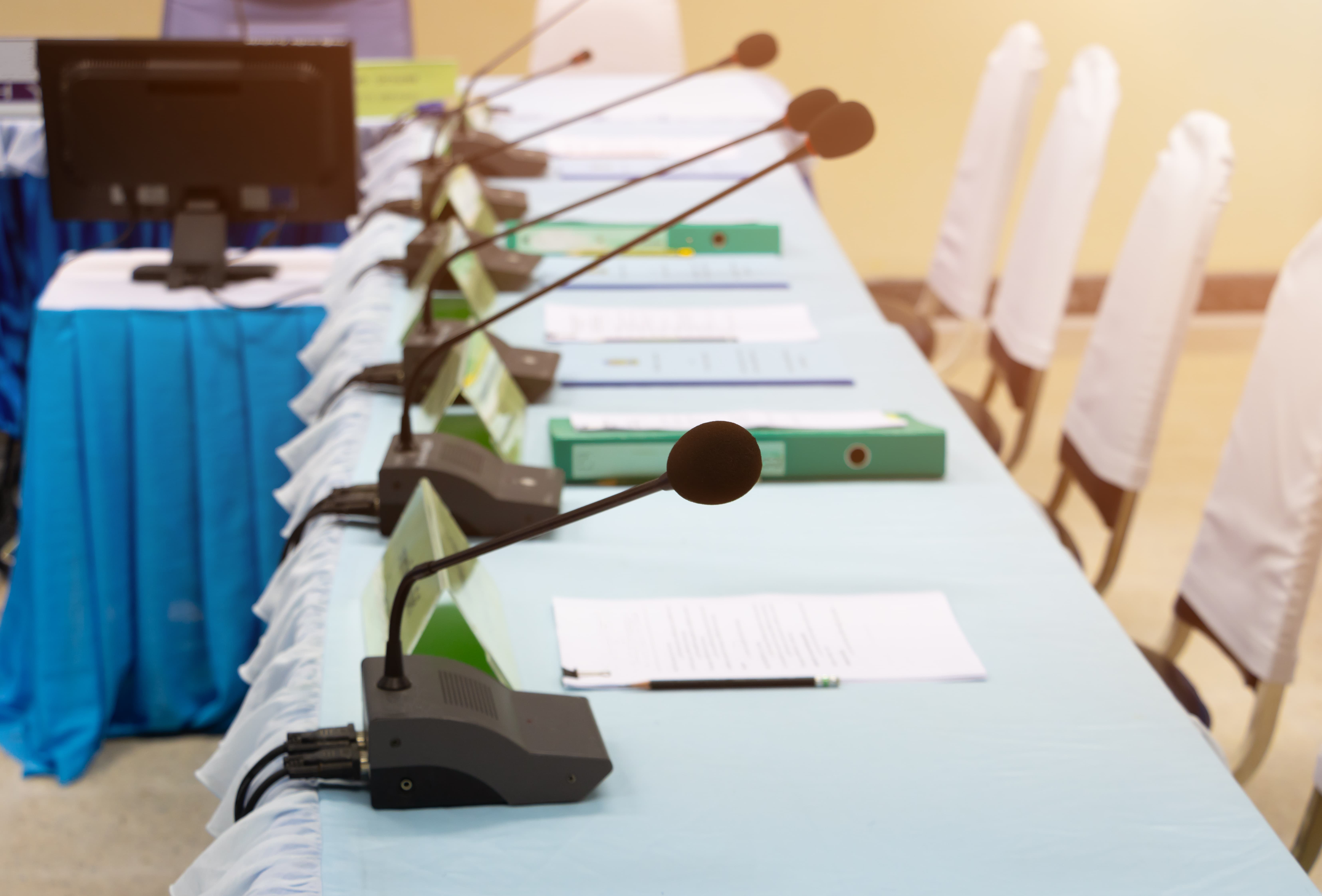 Mar 23rd, 2021
Mar 23rd, 2021Tiptoeing Towards School Elections During a Pandemic
The annual meeting and election for school districts is scheduled for May 18, 2021 this year, following the typical statutory calendar. Although COVID-19 served as cause for the Governor to order school elections to be conducted entirely by absentee ballot last year, as of the publication of this article, there has been no similar order for the 2021 annual meeting. The only guidance we have received to date has involved signatures on various related petitions. Eager to move forward to meet typical election deadlines but understandably nervous about possible last-minute changes to the process, how can a school district minimize the stress of school elections during a pandemic?
What we know
The following is key information regarding the 2021 annual meeting as it relates to legal notices.
- The annual meeting and election date has not been changed as of the publication of this article: it remains May 18, 2021 (the third Tuesday in May).
- Deadlines for the annual meeting and election flow from the date of the election. With no change to the date or publication requirements, school districts must publish their legal notice four (4) times in the seven (7) weeks preceding the date of the election, with the first publication occurring no later than forty-five (45) days beforehand. This year, that places the first publication at no later than April 3, 2021.
- To date, virtual meetings have been permitted for boards of education during the COVID-19 pandemic, so long as certain requirements are met. However, permission has been granted through executive order every thirty days As a result, whether virtual meetings will be permitted for the required budget hearing in May is yet to be announced.
- The Governor signed an amendment to various portions of the Education Law in early March, modifying signature requirements for candidates to the board of education. In short, on nominating petitions to the board of education, candidates in a central school district must obtain the greater of twenty-five (25) signatures or a number representing two percent (2%) of voter turnout from the 2019 election on petitions nominating them to the board. Candidates for a board of education in a city school district must obtain fifty (50) signatures on a petition. There are additional modifications to specific city school districts (i.e., Rochester and Buffalo).
How to address unknowns
Given that the Legislature has addressed at least one component of the school elections process, it is possible these may be the only modifications a school district has to contend with. However, school districts learned last year just how quickly changes can be made, forcing district clerks, school administrators, and school board candidates to be nimble. To find some stability in the face of uncertainty this year, we recommend including within your legal notices some flexibility to account for possible changes.
To avoid an unnecessary vulnerability to your annual meeting results, we recommend a district still publish its legal notice on time, as in a typical year. In other words, plan to meet the April 3 deadline for the publication of your legal notice. However, learning from the short notice districts received in advance of the 2020 annual meetings, we recommend districts provide themselves with more flexibility within the text of the legal notice. This can include considering the following:
- Keeping only the required elements of the legal notice in: clerks should consider avoiding adding elements that are likely to change, if these elements are not statutorily required.
- Resisting the urge to address absentee ballot qualifications: although in previous elections, fear of contraction of COVID-19 was permitted as grounds to issue an absentee ballot, no such permission has been granted, to date. Because qualifications need not be listed in your notice, adding something in anticipation of such grounds could require additional amendments to your notice.
- Engaging with bond counsel for their recommendations regarding modifying the notice to reflect the realities of the COVID-19 pandemic.
We also recommend districts plan to hold their budget hearings virtually, regardless of whether an in-person component will occur. The notice should reflect a virtual hearing will occur, but also identify an in-person location in the event one may be held. Updates regarding whether the in-person location will be used may be found on district websites, and legal notices can indicate this. Planning for a virtual hearing to occur regardless will mean your board of education will not need to worry as to whether the executive order for purely virtual meetings is extended: the virtual hearing will occur regardless, and an in-person component is what will either occur or be dropped. Your website can be nimble; newspaper print cannot. Planning to hold a virtual meeting regardless will also maximize the attendance of individuals who would like to be present but do not feel comfortable attending in person.
School elections can be a stressful task even in “normal years”: there are a plethora of tasks to accomplish in short order. Removing some rigidity from your language within legal notices should help counterbalance the uncertainty of the COVID-19 pandemic. If and when additional election-related information is promulgated by any State officials, a well-worded legal notice will not require modification by its publications.
As always, our election team is standing by to assist with the review of legal notices or to answer any questions about annual meetings.



